
 September 2025
September 2025
Santhi.GN
A complete step-by-step guide to writing the literature review of a project. Learn how to organize sources, highlight gaps, and build a strong foundation for your research.
 September 2025
September 2025
Esther. F
Explore creative ideas, proven tips, and expert guidance for crafting a research paper on commerce that stands out and gets noticed.
 September 2025
September 2025
Katy Richard.K
Learn the complete process of creating an artificial intelligence research paper from scratch, covering research, writing, editing, and publication.
 September 2025
September 2025
Esther F
Looking for the perfect thesis topic in corporate law? Dive into this guide covering governance, ethics, and modern business law challenges every scholar should know.
 September 2025
September 2025
jefreena
Master employee satisfaction research papers with step-by-step guidance from experts. Enhance your analysis, structure, and chances of academic success.
 September 2025
September 2025
jefreena
Modern sociology thesis topics on culture, gender, and society highlight key issues of identity, equity, and change shaping communities worldwide.
 September 2025
September 2025
Katy Richard.K
Choosing the right methodology for soil analysis ensures accurate results, reliable conclusions, and aligns your research with academic and industry standards.
 August 2025
August 2025
Katy Richard.K
Master your research with the right literature sources. This guide uncovers trusted databases, journals, and references to build a powerful and credible literature review.
 August 2025
August 2025
jefreena
Learn how to write a literature review for a research proposal with clear steps, structure, and expert tips to strengthen your research foundation.
 August 2025
August 2025
Esther F
Master corporate governance research papers with fresh topics, clear structure, and practical writing guidance for impactful academic success.
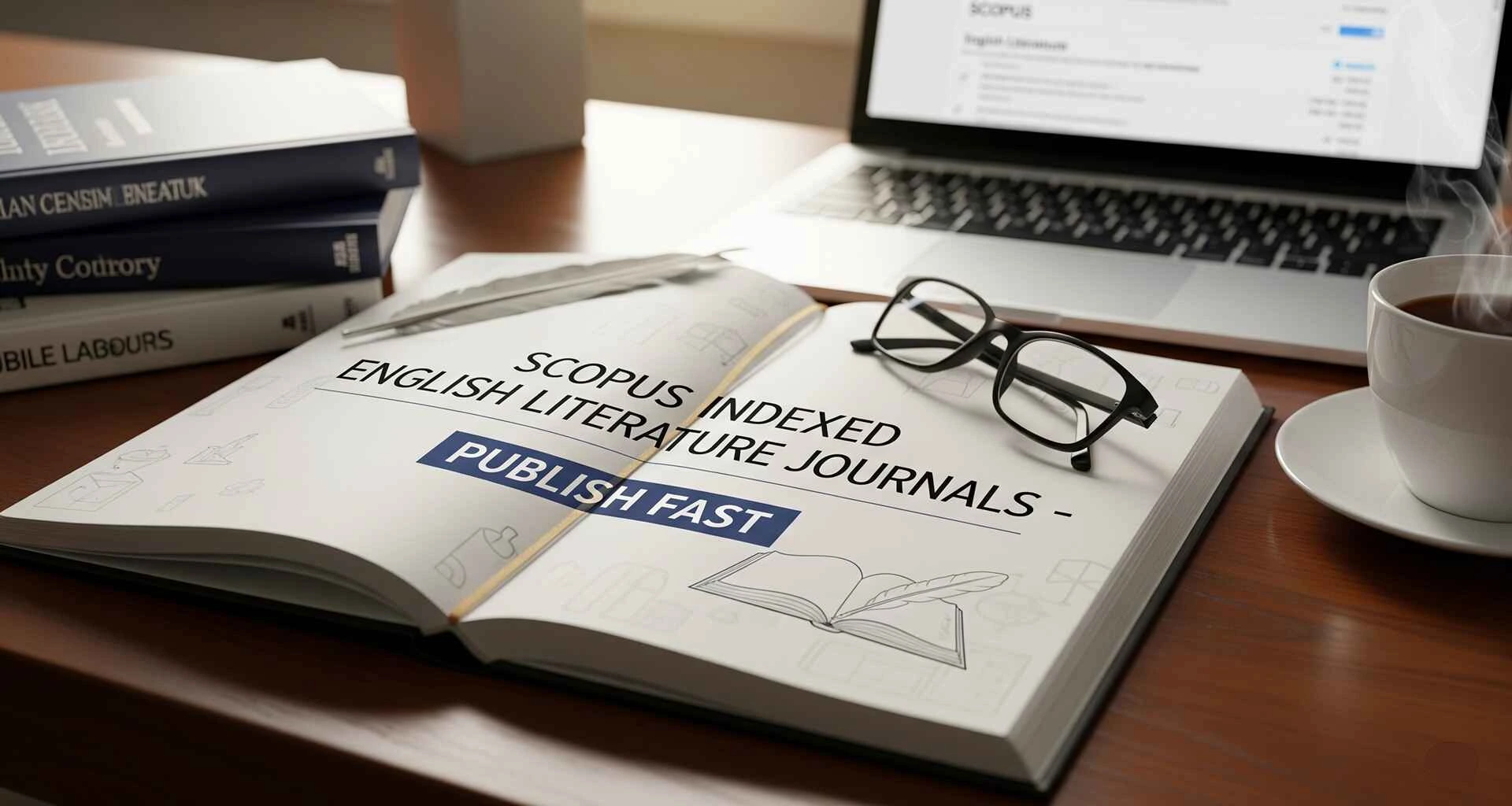 August 2025
August 2025
Santhi.GN
Accelerate your research journey with Scopus indexed English literature journals that focus on quick publication and worldwide readership.
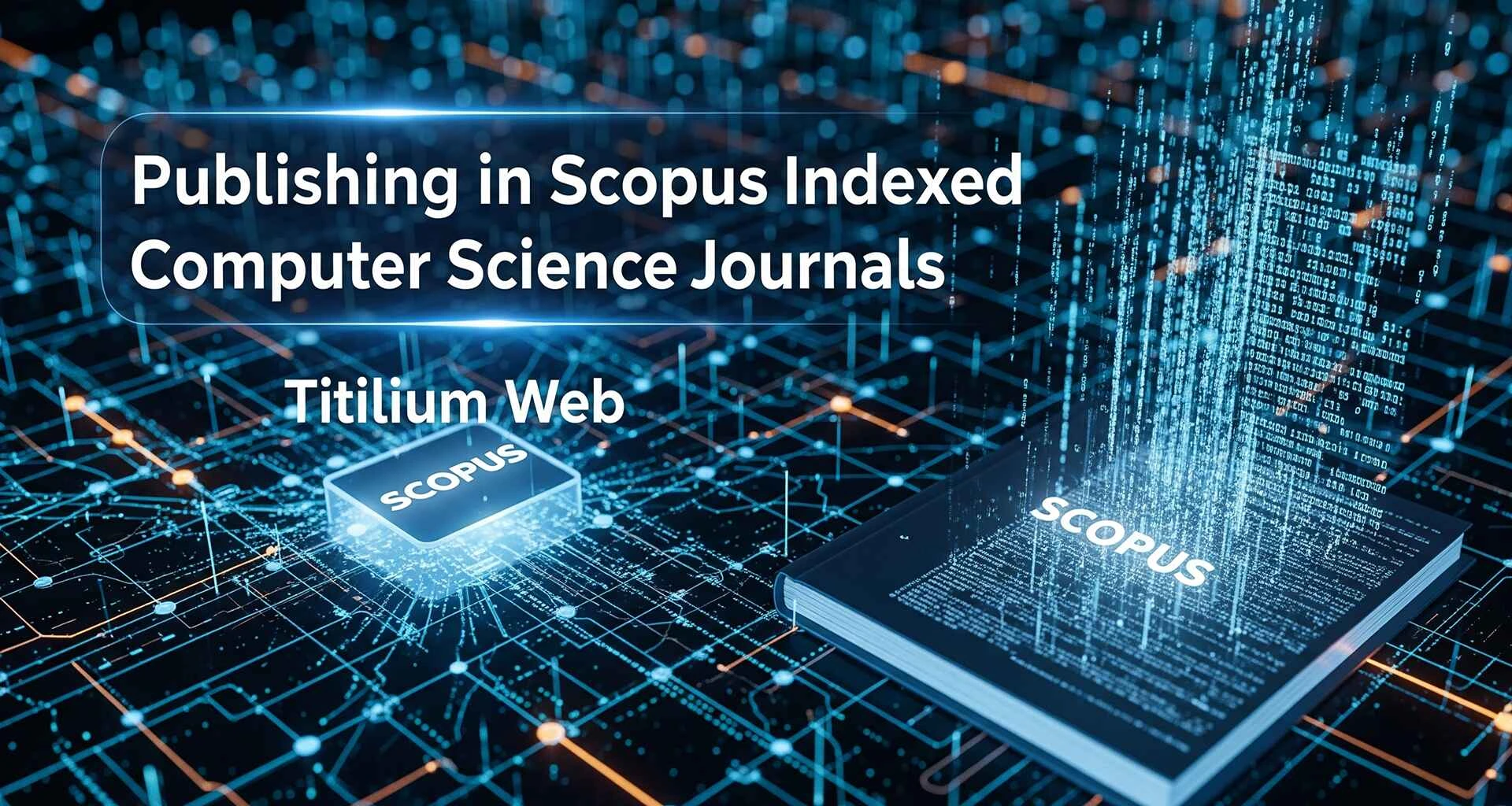 August 2025
August 2025
Esther. F
Publishing in Scopus Indexed Computer Science Journals enhances research credibility, boosts citation impact, and ensures global academic recognition with expert support.
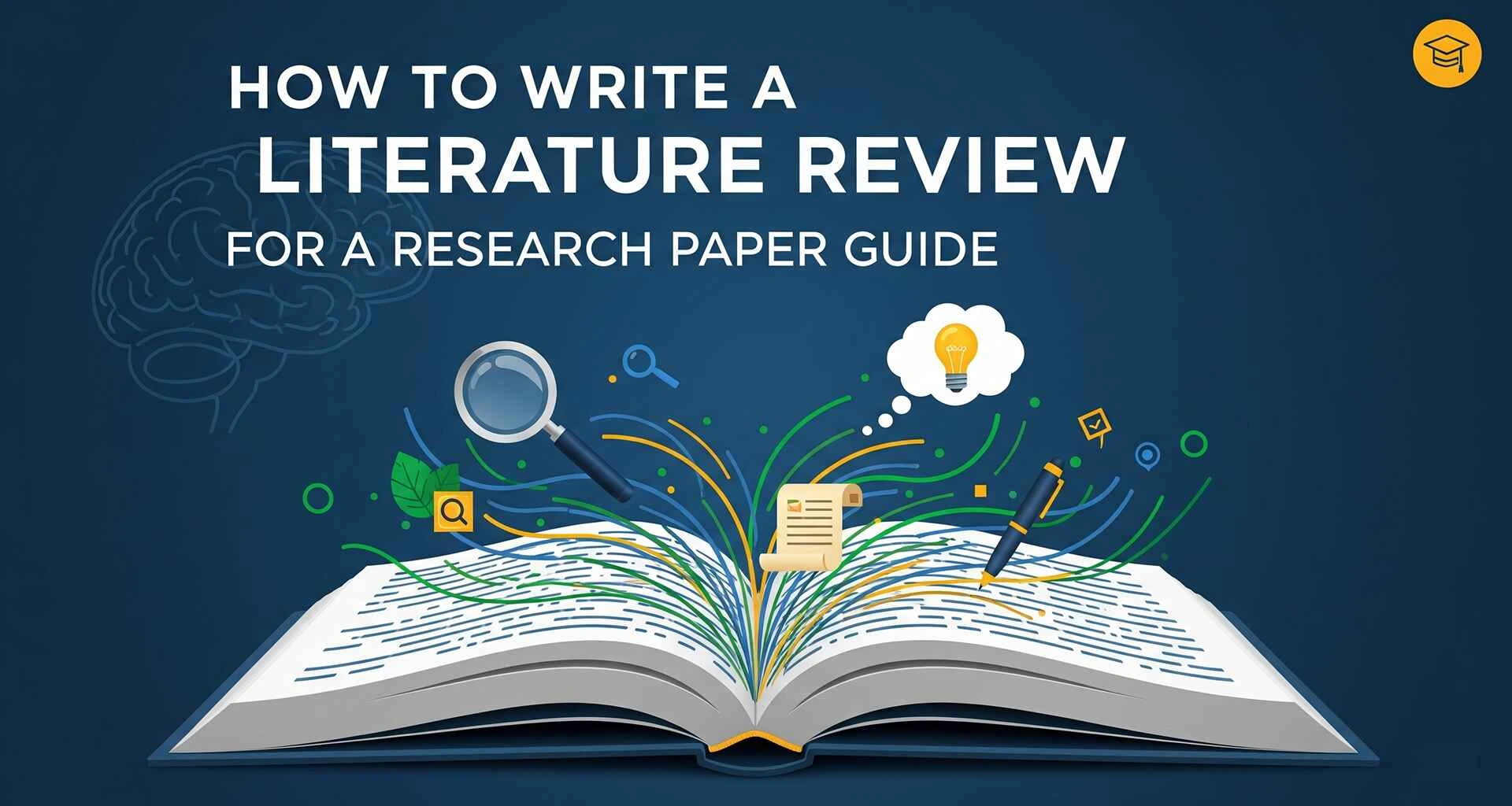 August 2025
August 2025
Katy Richards
Master the art of writing a literature review for a research paper with this guide learn structure, analysis, and tips to strengthen your study.
 August 2025
August 2025
Reena Martin .K
Explore trending MGR University thesis topics with expert guidance. Get unique research ideas, structured support, and tips to craft a successful academic thesis
 August 2025
August 2025
Katy Richard.K
Explore top anaesthesia thesis topics tailored for PG & PhD scholars. Discover research-worthy ideas to enhance academic success and contribute to medical advancements.
 August 2025
August 2025
Santhi.GN
Find inspiring microbiology thesis topics that spark curiosity, address real-world issues, and open doors to innovation in medicine, environment, and biotech.
 August 2025
August 2025
Santhi.GN
A complete guide on finding research gaps through literature review. Learn to spot unexplored areas, frame questions, and add originality to your thesis.
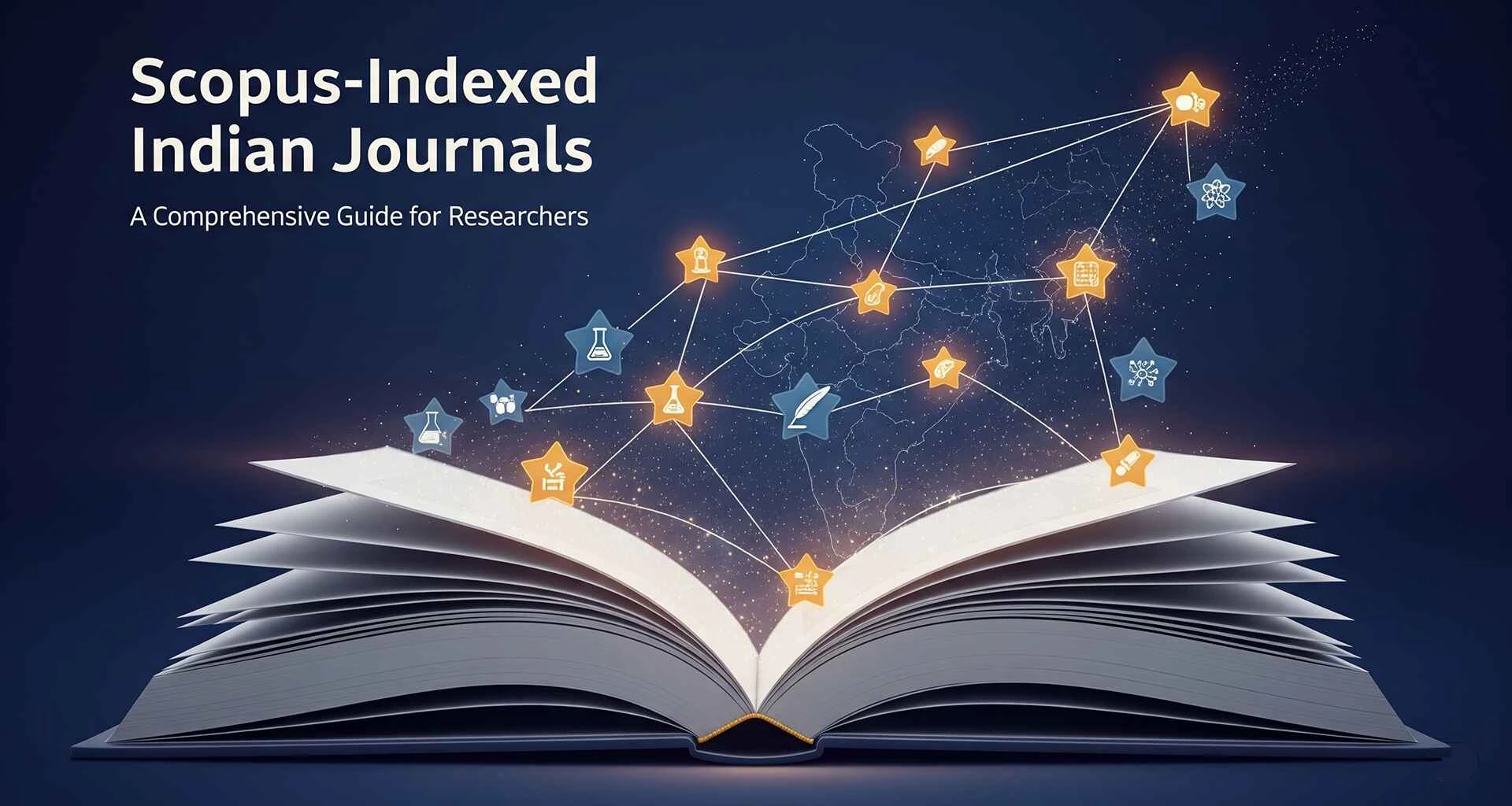 August 2025
August 2025
Esther. F
Discover top Scopus-indexed Indian journals across disciplines. Learn their importance, benefits, and how they support researchers in academic publishing.
 August 2025
August 2025
jefreena
Master biostatistics and research methodology to boost your chances of successful publication with expert guidance and practical strategies.
 August 2025
August 2025
Esther. F
A complete guide for PhD scholars to excel in AI thesis writing, from topic selection and research design to data analysis, literature review, and publication success.
 August 2025
August 2025
Katy Richard.K
Wondering how much plagiarism is acceptable in a review paper? This guide explains plagiarism limits, ethical considerations, and tips to maintain originality for academic success.
 August 2025
August 2025
Reena Martin .K
Master your Artificial Intelligence PhD thesis with expert tips on research design, writing, and academic publishing.
 August 2025
August 2025
Katy Richard.K
Master the art of writing a review paper for publication with our expert guide. Get professional tips to boost acceptance and academic impact.
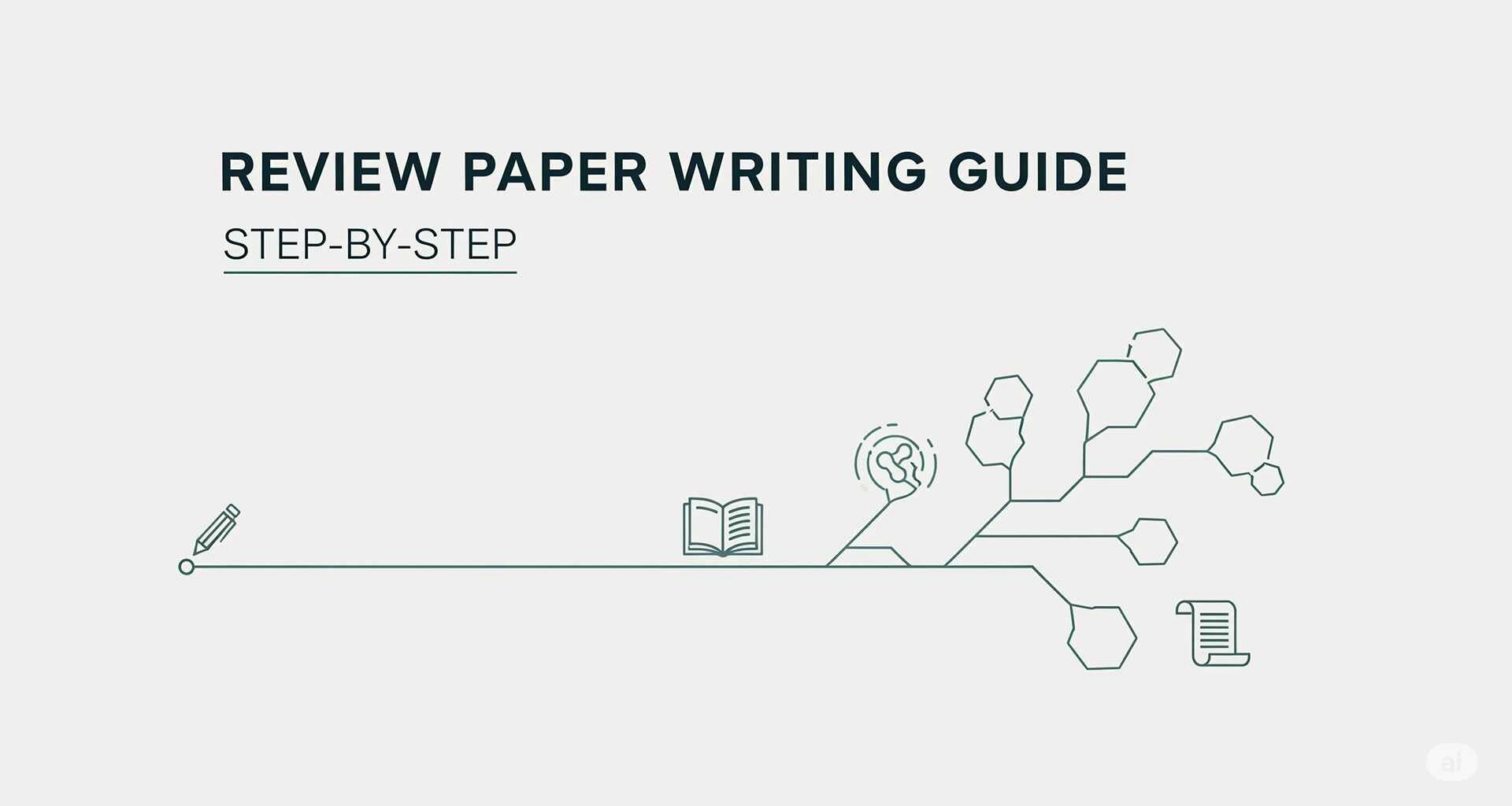 August 2025
August 2025
Santhi.GN
A complete guide to understanding and writing a review paper. Step-by-step instructions, tips, and structure for academic excellence
 August 2025
August 2025
Esther F
Explore top dissertation topics for MBA finance with this complete guide. Get expert ideas, research tips, and insights to craft a winning thesis.
 August 2025
August 2025
Katy Richard.K
Explore top LLM dissertation topics across constitutional law, international law, and cyber law. Get expert insights to choose impactful legal research topics for your LLM dissertation.
 August 2025
August 2025
Esther. F
Explore architecture thesis projects with expert tips, topic ideas, and guidance to plan, design, and present your academic work successfully.
 August 2025
August 2025
Esther. F
Discover the key difference between thesis and dissertation, their purposes, structures, and tips to excel in your academic journey.
 August 2025
August 2025
Katy Richard.K
Explore top sociology dissertation topics that drive real-world change and address key social issues, inequalities, and community development.
 August 2025
August 2025
Katy Richard.K
Get expert insights on how online dissertation services work, what to look for, and how to get personalized academic support tailored to your research needs.
 August 2025
August 2025
Rebecca.F
Explore top thesis topics in English Literature with expert tips on how to choose, structure, and write your research for academic success.
 May 2025
May 2025
Katy Richards
Ondezx guides you in selecting the right journal to publish your research paper with a high acceptance rate. Get expert help for faster and smoother publication.
 May 2025
May 2025
Katy Richards
Struggling with methodology in research? Hire expert professionals to avoid common mistakes and ensure your research design is accurate, clear, and effective.